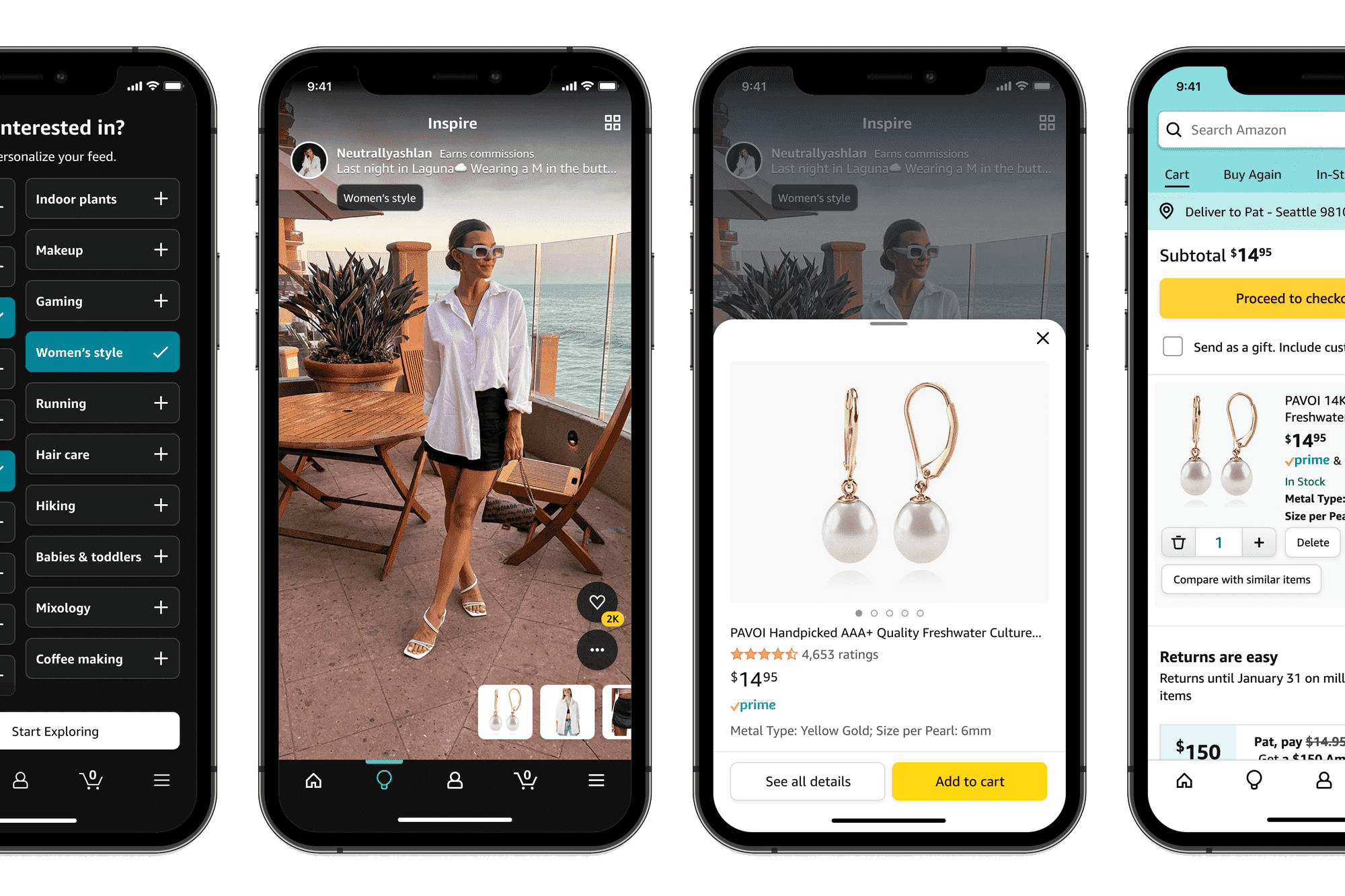Consumers are affiliating themselves with companies that share their cultural and political values.
While ideological divisiveness is most evident in the political sphere, ‘tribalism’ is playing out in other places too.
In 2008, American journalist Bill Bishop published The Big Sort: Why the Clustering of Like-Minded Americans is Tearing Us Apart (Houghton Mifflin) in response to demographic data suggesting that citizens were increasingly clustering into homogenous communities, associating themselves only with those who shared their political, religious or social beliefs.
And we’re not just living near those with shared beliefs. We’re increasingly watching, reading, listening to and even buying from our ideological compatriots.
And it’s that last point—the rise of people patronizing companies whose ideologies align with their own (or boycotting those that don’t)—that makes this trend so important for marketers to pay attention to.
Our research shows that, more than ever before, consumers are basing their purchase decisions on a company’s moral or ethical stance. And while there are certainly some stances everyone can agree on, plenty of others are more divisive (see: gay marriage). Even some causes that seem safe can be alienating. A company that commits to combating global warming, for example, may turn off the small but significant proportion of consumers who don’t believe it’s an issue.
In other words, businesses must tread with caution when it comes to aligning with an ideology.
Specifics
Research suggests that America, at least, is more divided than ever. According to a 2012 Pew Research report, Americans’ basic values and beliefs are more divided than at any point in the history of Pew’s survey, which began in 1987. And there’s evidence that this partisanship extends beyond the voting booth and into the shopping cart.
The notion of supporting or boycotting a brand because of a moral, ethical or ideological stance it takes certainly isn’t new. But with the political spectrum growing ever more sharply divided, ‘value spending’ is taking on new significance.
Although most consumers (52%) surveyed in Mintel’s Attitudes Towards Corporate Social Responsibility US September 2012 report say that while corporations should behave ethically, they do not base their purchasing decisions on corporate behavior, nearly a third (30%) say corporate ethical behavior affects their purchasing decisions.
Just 18% agreed with the statement, “Corporations business is to make money. I do consider corporate ethical behavior when it comes to making purchasing decisions”, per that same report.
Similarly, for nearly 80% of Brazilian consumers said the chances of switching to a brand would increase if they knew that the company’s actions do not cause negative social and environmental impacts, per Mintel’s Salty Snacks Brazil 2012 report.
A growing number of businesses are openly aligning themselves with a particular political, socio-cultural, or religious viewpoint. For smaller businesses this can win them a loyal niche following.
For example, Kauly Moda Evangelica, a Brazilian clothing retailer which caters to the nation’s growing proportion of Evangelical Christians (20% of the Brazilian population, up from 18% in 2003), enjoyed 20% growth in the past year (see Well Behaved Outfits).
But the stakes are higher for big businesses, and one issue has emerged as especially divisive: gay rights.
Backlash ensued when Minneapolis-based retailer Target was found to have donated to anti-gay marriage gubernatorial candidate Tom Emmer in 2010. Some Minnesotans returned their purchases and cut up their Target credit cards. However, in July 2012 Target began selling same-sex wedding cards in its stores (seeCongratulations to You Both).
Conservative group One Million Moms protested JCPenney’s decision to hire openly gay Ellen DeGeneres as a spokesperson. The retailer ultimately stuck by its decision.
In Australia, several sponsors of popular morning news program Sunrise, including Gloria Jean’s Coffee, Purina, Accor Group and budget airline Jetstar, have found themselves forced to take a stance on gay marriage after the show openly backed marriage equality amid a showdown between gay rights group GetUp! and the Australian Christian Lobby (see Battle of the Boycotts).
Mintel research shows that for younger consumers at least, equal rights for LGBT consumers is a priority: OurMarketing to Millennials US August 2012 report noted that 56% of 18 to 35 year-olds (including 60% of women in this age group) consider equal rights for lesbian, gay, bisexual, transsexual, and transgender people an important issue.
Still, there are plenty of other social issues uniting (or diving) consumers.
Home improvement retailer Lowe’s came under fire from anti-Muslim groups for running ads during reality showAll-American Muslim. Then after the ads were pulled, it then received a fresh round of backlash for that very decision.
Australian café chain Max Brenner’s support of the Israeli Army has led to a boycott from the Socialist Alliance and Students For Palestine.
In France, however, the Supreme Court has ruled that boycotting Israeli products is a form of discrimination, and thereby illegal under French law.
Nestlé has been the subject of a long-time boycott spearheaded by BabyMilkAction, which contends that the baby food industry unnecessarily advocates infant formula when natural breast milk is a healthier option.
As consumers grow more selective about patronizing businesses which align with their values, they’re turning to sites and services which help them identify like-minded brands:
Buycott assists consumers looking to educate themselves on which companies to support and which to avoid (see What Not to Buy).
The Human Rights Campaign (HRC) publishes an annual Corporate Equality Index rating businesses’ policies toward GLBT employees, and encourages its members to support its corporate sponsors, including American Airlines and Microsoft.
Gaypon is a daily deals site which only offers from businesses known to be gay-friendly.
Life Decisions International keeps a running list of businesses that support Planned Parenthood, urging its followers to boycott them.
On the flipside, trustwomen.org keeps essentially the same list but encourages its followers to support those businesses. A recent posting stated “Where you spend your money can also be a pro-choice decision.”
There’s even a movement to support businesses that offer earned sick days to their employees.
Still, there’s evidence that a growing number of consumers are uncomfortable with the increasingly blurred boundaries between personal beliefs and public policy. A 2012 report from Pew Research found that 38% of Americans now believe “there has been too much expression of religious faith and prayer from political leaders,” up from 12% in 2001, while 54% say that churches should keep out of politics.
Implications
Should brands segment by personal values and beliefs instead of traditional psychographics? Yes—many of them already do—but recognize that individuals are complex. A twentysomething organic foodie may vote Republican; a deeply religious fiftysomething might swear by ayurveda.
There’s a big difference between ‘belief’ and ‘ideology’: The former means standing for something; the latter standing in line with something, which can feel doctrinarian. Consider: “Our company believes in health for all” vs “Our company supports candidates who back single-payer healthcare.” In short, brands can put a stake in the ground without driving a wedge.
Brands might also consider acting as a forum for conversation around divisive issues—or even go so far as sponsoring political debates. Recognizing that issues are complex and giving consumers an opportunity to listen and learn from each other positions the brand as tolerant, open-minded and fair.



